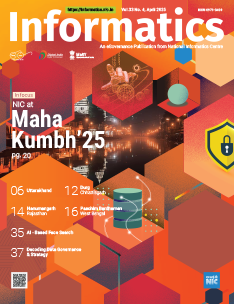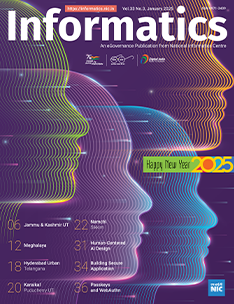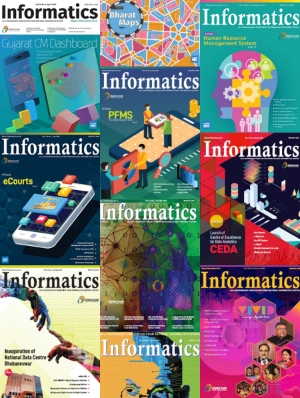Launch of e-District – Revenue Services, Government of Tamilnadu on 15th October 2010
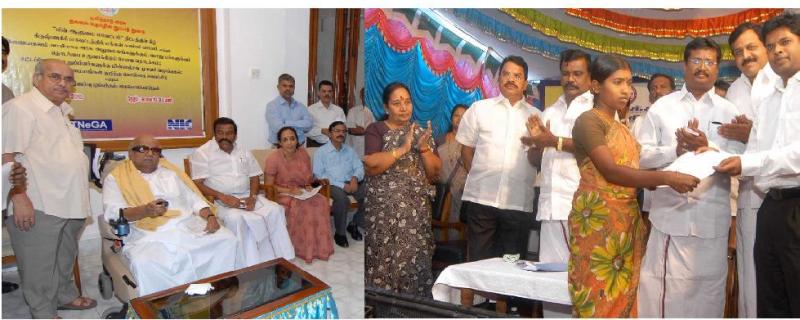
Hon’ble Chief Minister of Tamil Nadu launched the eDistrict Services for Revenue Department on 15th October 2010 (http://edistrict.tn.gov.in/certificates_csc for filing of applications for Certificates and http://edistrict.tn.gov.in/revenue for backend processing by Revenue Department). Hon’ble Minister of Transport, Hon’ble Minister of Information Technology, Government of Tamil Nadu, Principal Secretary,Revenue Department , Principal Secretary- IT Department and CEO-TNeGA were present during the launch.
A web based workflow system has been designed and developed by NIC-Tamil Nadu State Centre as part of the e-District project. The system handles the complete workflow right from receipt of applications from CSC to final approval of the certificate by the Revenue Divisional Officer (ST certificate), Tahsildar (SC, Deserted Women & Income certificate(above Rs.50000), Zonal Deputy Tahsildar (BC/MBC , No Graduate in the family, Income (less than Rs.50000)). The workflow covers 5 levels namely village, firka, zone, taluk and revenue division.
The web based application will initially be operational in 5 taluks of Krishnagiri District. It will subsequently be extended to five districts., namely Ariyalur, Coimbatore, Nilgiris, Perambalur Tiruvarur. The system provides the citizen the facility to view the status of the application through the website.
Technology:
The system has been developed using Open Source Technology – JSP, Servlets, PosgresSQL. 2D Barcode has been adapted for any where verification using mobile. The application is PKI enabled. The application has been integrated with Digital Certificates for signing and verifying the certificate.
Names of the Services offered to Students
1)No Graduate in the family Certificate.
2)Deserted Women Certificate.
3)Community Certificate (ST / SC / BC /MBC).
4)Income Certificate.
5)Nativity Certificate.
Features of e-District Revenue system
Applicants general details are captured in Citizen Registration. Each Citizen is assigned a unique Citizen Account Number (CAN).
Prefilling of the applicant details is carried out by the system when Service registration is done through CSC or online. Unique Application ID is assigned to the application.
Acknowledgment is issued to the applicant.
The work flow involves Revenue Divisional Officer, Tahsildar, Revenue Zonal Deputy Tahsildar, Revenue Inspector and Village Administrative Officer.
Provision of tracking the work flow at every level
The status of application is made available to applicant through Internet.
The certificate is digitally signed by the competent authority viz.,Revenue Divisional Officer / Tahsildar / Zonal Deputy Tahsildar on approval.
Certificate is generated with 2D Barcode. The same can be scanned through camera of a cell phone with the appropriate software installed in the cell phone. The contents can be verified through the GPRS connection in the cell phone.
Facilitates various monitoring reports by the State Level Officers of the Department and monitoring by Commissioner of Revenue Administration, District Collectors and Tahsildars.
Dashboard facility for monitoring is also made available to the above mentioned officers.
User Management modules are also developed for use by the Administrative User at the district level.
Enable accountability and transparency in the system.
All operations are done online through the e-district portal




 Subscribe
Subscribe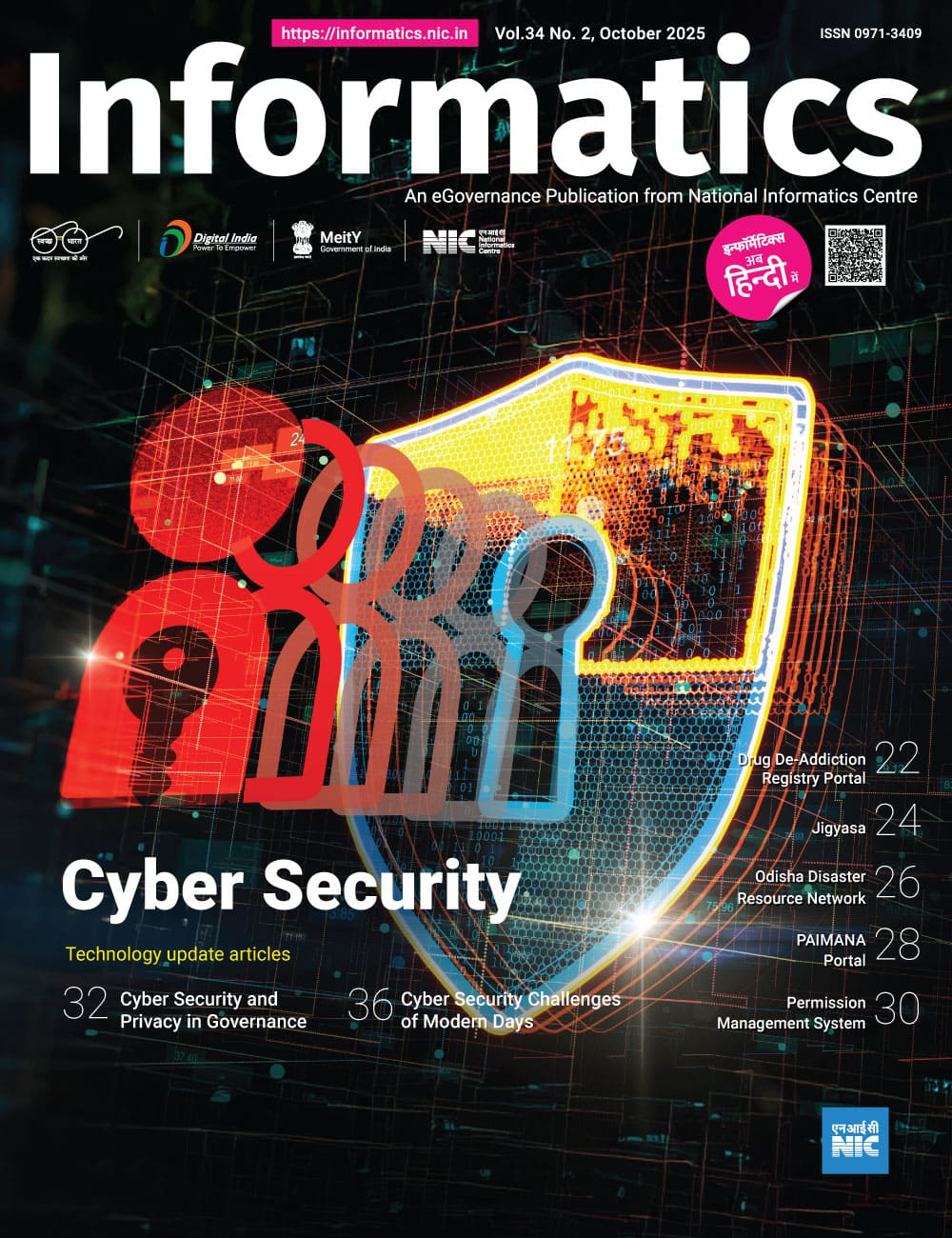
 Flipbook
Flipbook PDF (5.0 MB)
PDF (5.0 MB)
